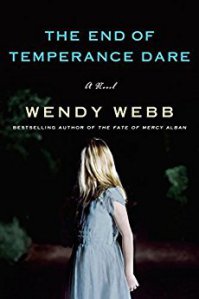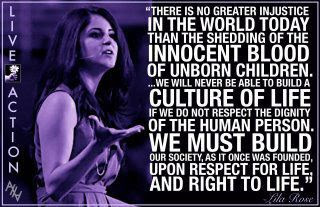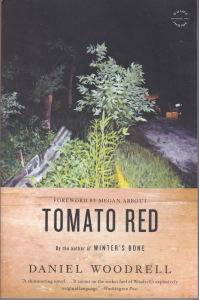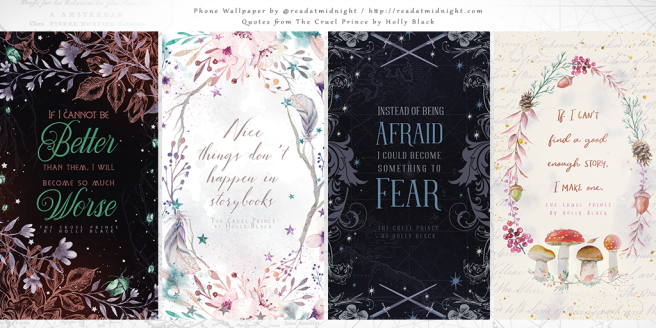Ian McEwan’s Nutshell was on my Christmas list in 2016. In 2017 one of my own nutshells noticed and as soon as there was a lull after New Year, I cracked it open and relished every morsel.
I wrote here about adopting the point of view (POV) of someone quite different to oneself and referred to Nutshell as an audacious attempt which would require a writer of McEwan’s calibre to bring off. I think he succeeds. The story is told from inside his mother by an 8½ month foetus. Our hero’s name doesn’t appear to have been discussed yet (although there’s a clue in Uncle Claude and mum Trudy) so I’ll call him U for Unborn. Some practicalities are deftly dealt with: U expresses the readers’ doubts for them by explaining that he has a good command of language and ideas because he overhears his insomniac mother listen to so many podcasts. Anyone who’s spent a day with the randomness of Radio 4 will attest to the vocabulary building properties of such a pastime. He’s also a budding oenophile who can distinguish with appreciation between “a good burgundy (her favourite) and a good Sancerre (also her favourite) decanted through a healthy placenta”.
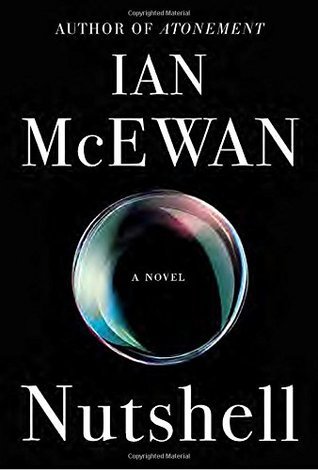
I can’t see how this foetus will ever be a toddler, so sophisticated is his knowledge already, but as far as I know no one other than authors for toddlers (whom I applaud) has ever tried to write in a toddler’s voice. I’m currently trying to write in the voice of a bright seven year old and even that poses huge limitations on vocab and conceptual understanding. U can discuss the Middle East, modern warfare, the advantages of Norwegian tax arrangements, and he’s an accomplished poetry critic. He can provide a convincingly visual picture of his father’s “Georgian pile on boastful Hamilton Square”, market value included, but he can’t yet envisage the colour green, although it crops up frequently in his imagery. This may be because the men in Trudy’s life adore her green eyes, and McEwan makes it achingly clear that U loves his mother even through her many faults.
It’s true that young babies, especially before they learn to make much noise other than crying, can often look wise and reflective, fixing their stares, their expressions ciphers. They lose this as soon as they become mobile or verbal, so McEwan hedged his bets correctly in opting for an unborn.
U is going to need all his brains because he has unfortunate parents and his parents have unfortunate lovers. “Not everyone knows what it is to have your father’s rival’s penis inches from your nose.” (Surely this generation would talk in centimetres?) Obviously U has little physical strength, but he does find he can manipulate the action of both the penis and the novel with a well timed kick. He has plenty of chances to practise; there’s a lot of sex. In this nutshell of a novel, under 200 pages, McEwan fits the universals of birth, love and death into a tight plot and timescale – there’s no spoiler in noting it’s all got to happen within four weeks at the maximum, before U is born either still or kicking. I apologise for insensitivity but the way his adults behave he should clearly have been on the “at risk” register since conception. “Anxiously, I finger my cord. It serves for worry beads.”
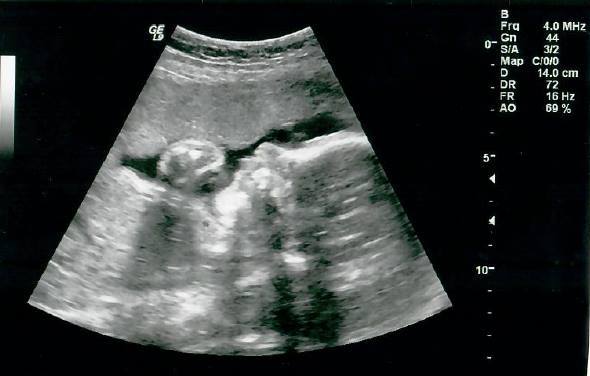 34 weeks gestation, with thanks to Anne Corlett. See below for links to Anne’s writing.
34 weeks gestation, with thanks to Anne Corlett. See below for links to Anne’s writing.
Of course, we have all been foetuses, and who’s to say we don’t remember the experience? McEwan is drawing on universals here, and as far as one can tell he succeeds – Nutshell is an exciting, funny, violent, shocking read although curiously unemotional, and the audacity of the author makes him self-conscious: “All the sources agree, the house is filthy. Only clichés serve it well: peeling, crumbling, dilapidated.”
Through U’s eyes – no, through U’s hearing, taste and touch which are so far his most active senses – McEwan describes the piqued poet father and the slimy brother. He’s poignant and perceptive on the pathos of a pleading man no longer loved, and has fun with U’s irritation with Claude, for example his ponderous reading of a menu. The supporting roles – young woman poet, detective – are well evoked from within the stomach wall and McEwan plays with stereotypes: “The sergeant thinks she’s a stickler. Bound for promotion out of his league.”
But McEwan hasn’t been a pregnant woman, and he’s least successful with mother Trudy. I was able to suspend (almost) all disbelief and root for U all the way but this POV of a first time heavily pregnant woman was unbelievable and not in the way tennis players use the word as high praise. Surely no woman at 38 weeks could sink so much drink, endure bags of rotting rubbish in her own hallway or appear so oblivious to the limits on action imposed by her near confinement.
Otherwise, a brilliant book. Now to try an even less comfortable POV, perhaps McEwan could venture out of the professional classes? (To be fair, he goes into this himself, in the Guardian, August 2016.)
Writing this, I’ve remembered another, lovelier, even sadder unborn POV, in “Prayer Before Birth” by Louis Mac Neice (1944). It’s read here by Mark Rylance Actor, director and writer at an Anti-War Mass Assembly in Trafalgar Square on 8 October 2011. (For light relief see the high vis jacketed soundman who arrives on stage just as Rylance is being introduced!)
The scan photo is the baby of Anne Corlett at 34 weeks. Anne, previously shortlisted for the Bristol and Bath short story awards, released her novel The Space Between the Stars in 2017. She offered the photo after I posted a request in Book Connectors, proving you can make some impressive literary connections through Facebook (I refer to the association with Ian McEwan and MacNeice rather than myself).
Below are my own nutshells in December 1993:
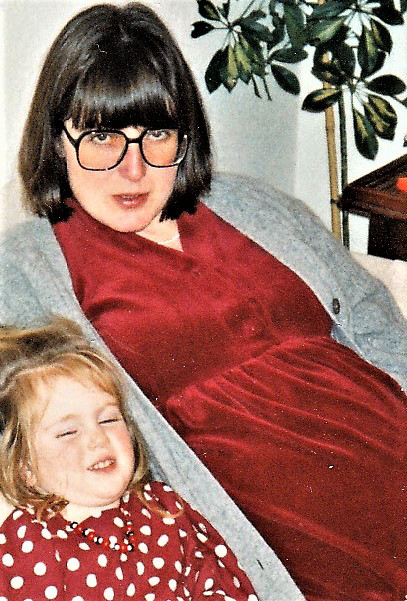
From next week I’ll be blogging monthly on books and literature for Sally Cronin’s Smorgasbord. My posts there will appear on Saturdays, repeated here afterwards, but most weeks I’ll still be here on Fridays. Comments are always welcome wherever you read the posts!
©Jessica Norrie 2018
Advertisements Share this:
